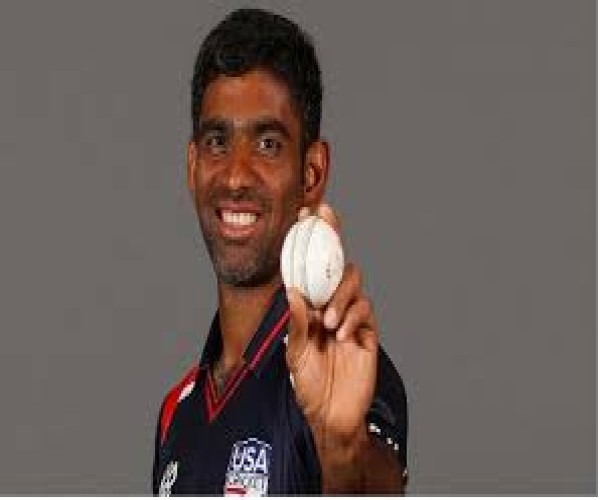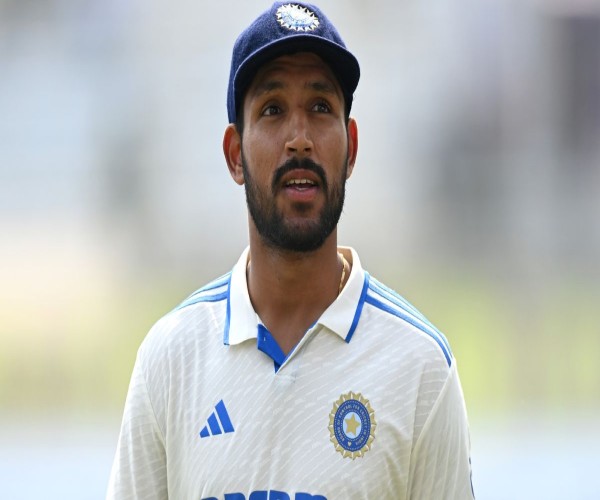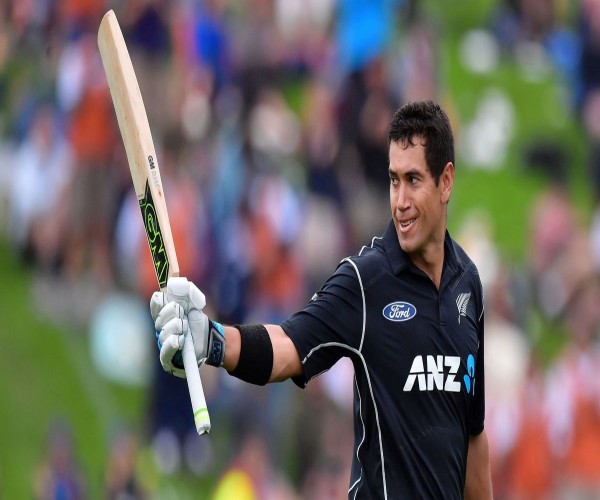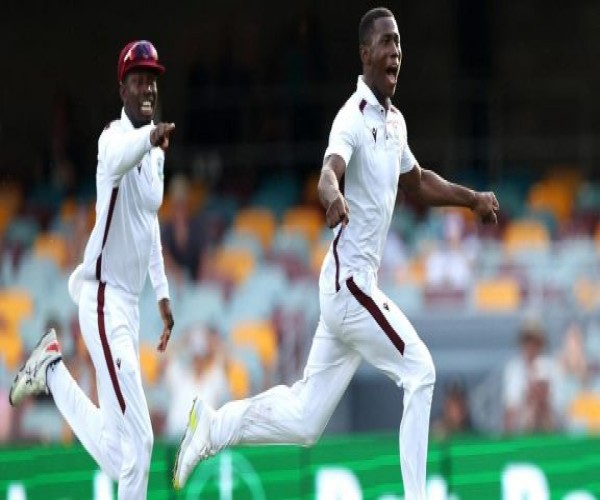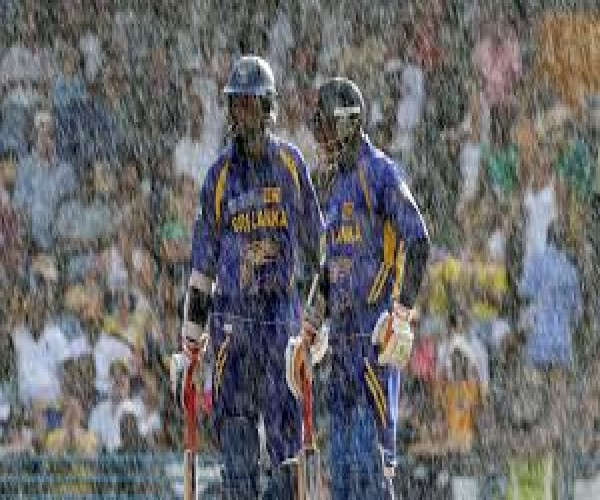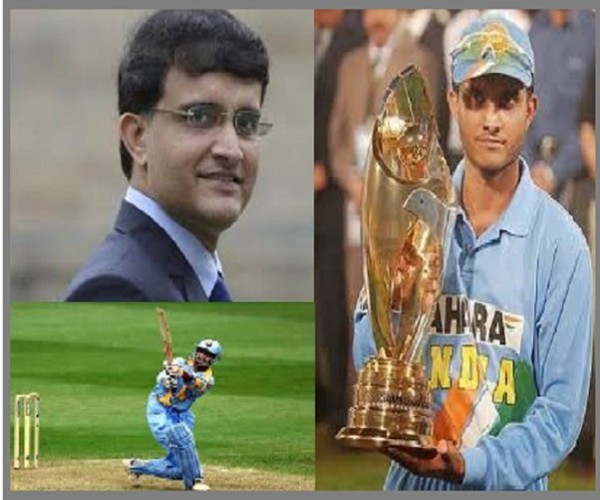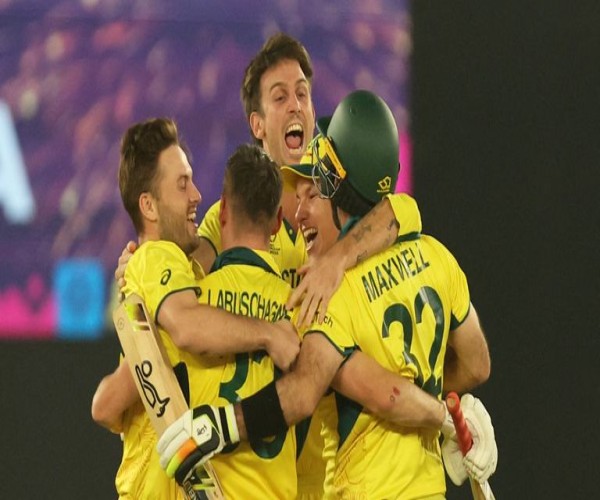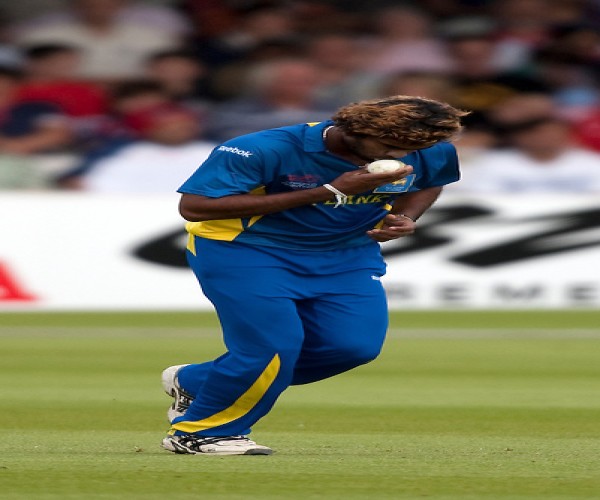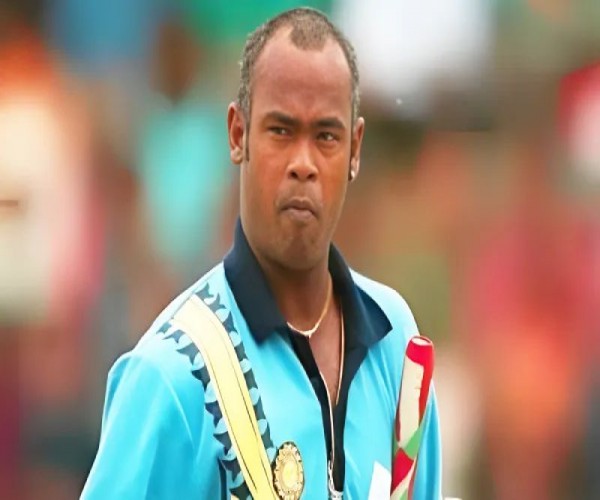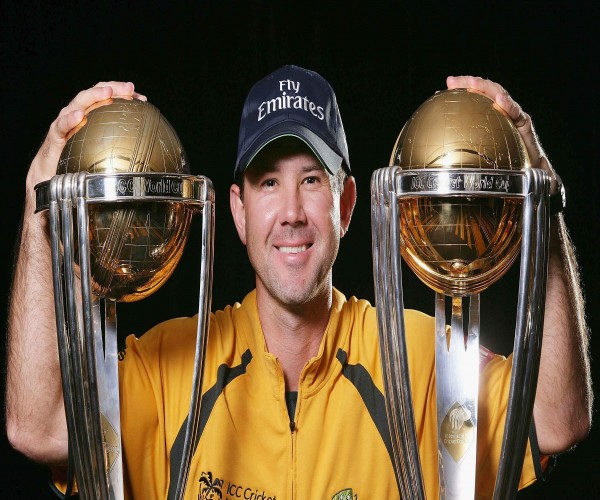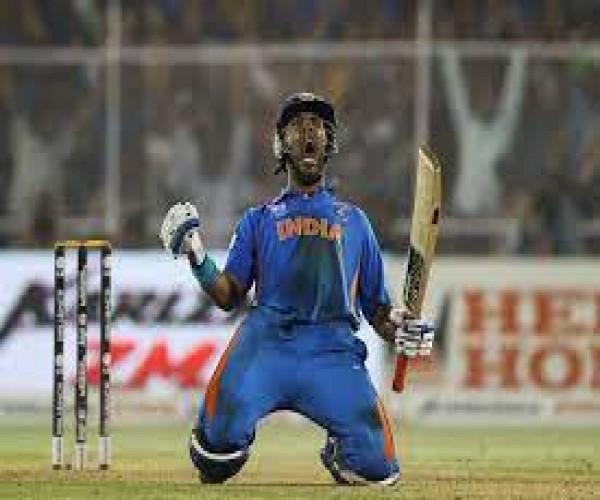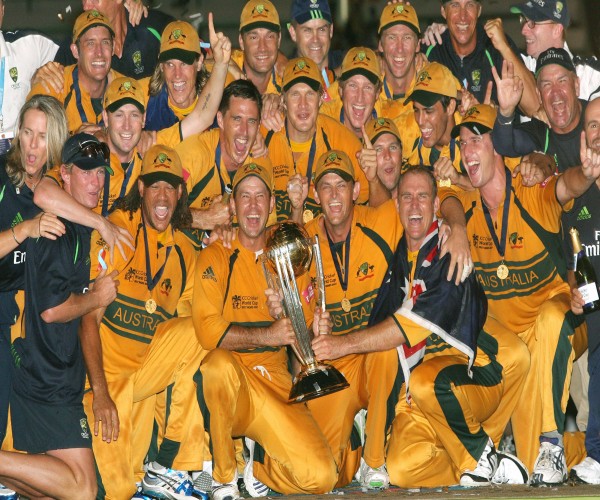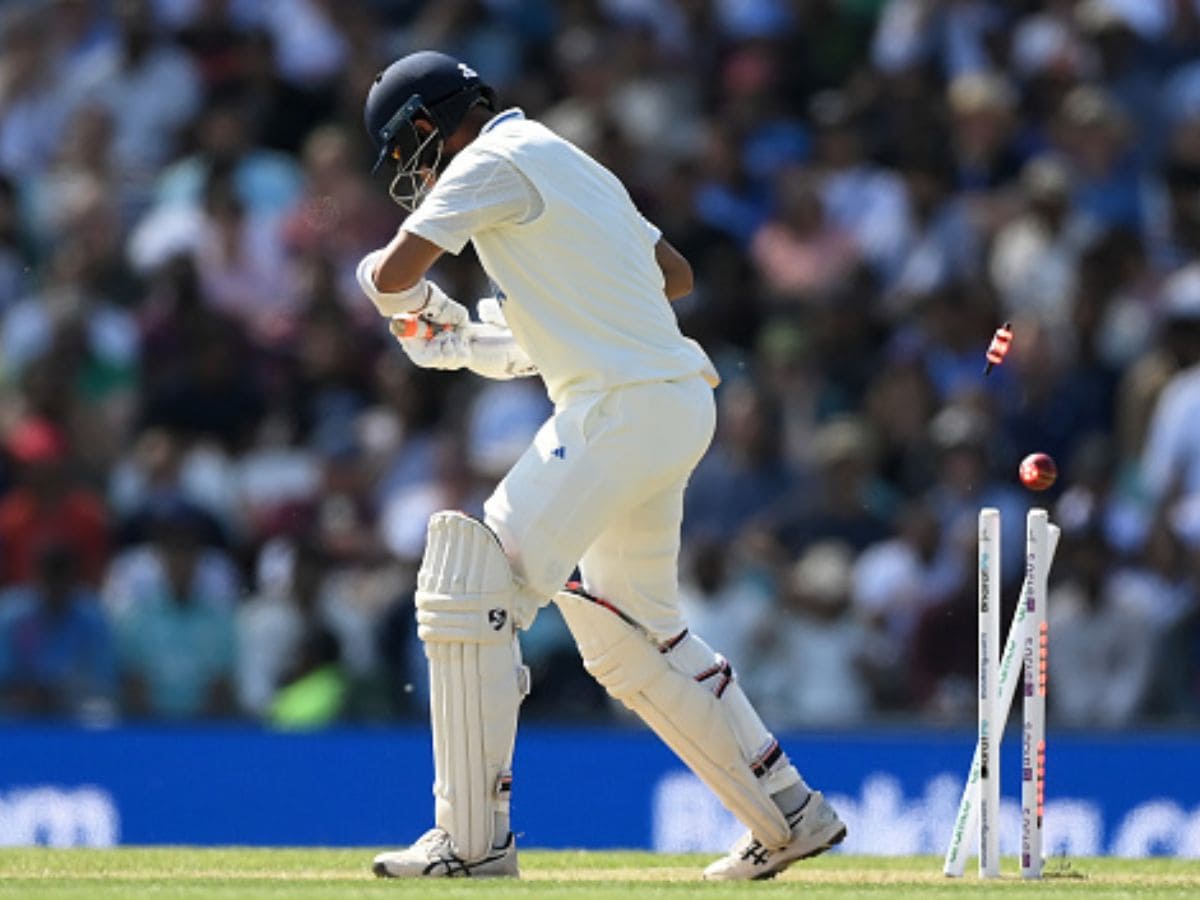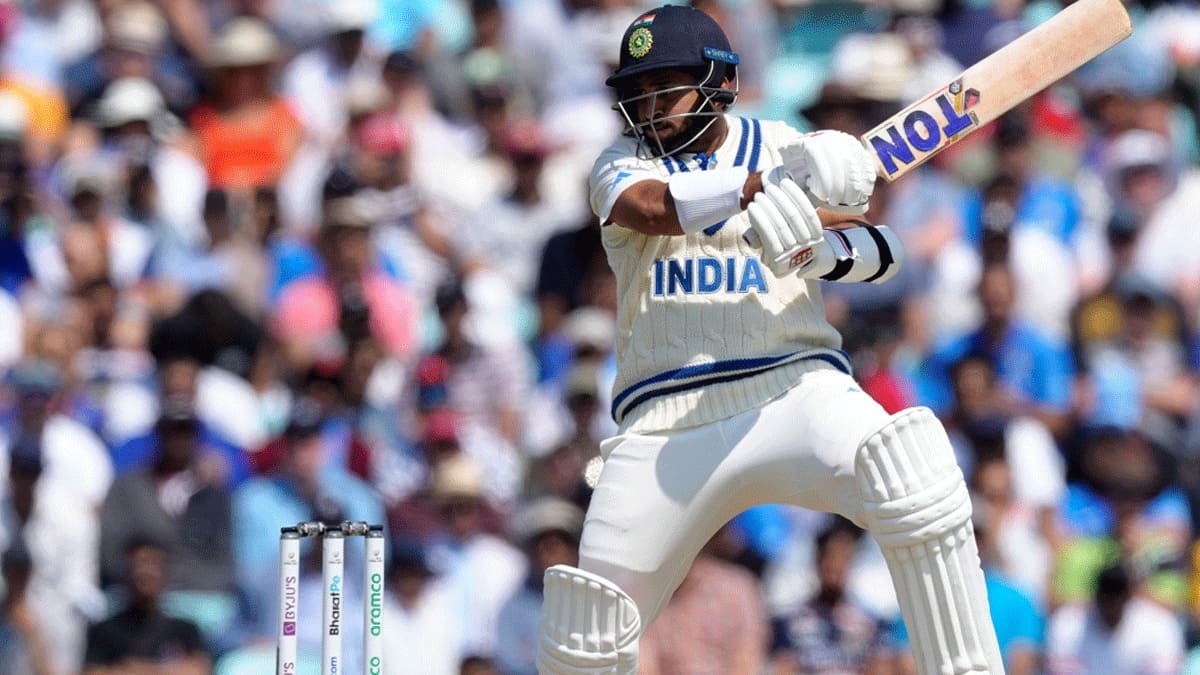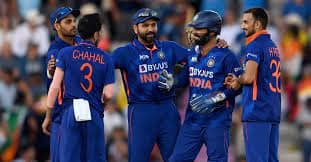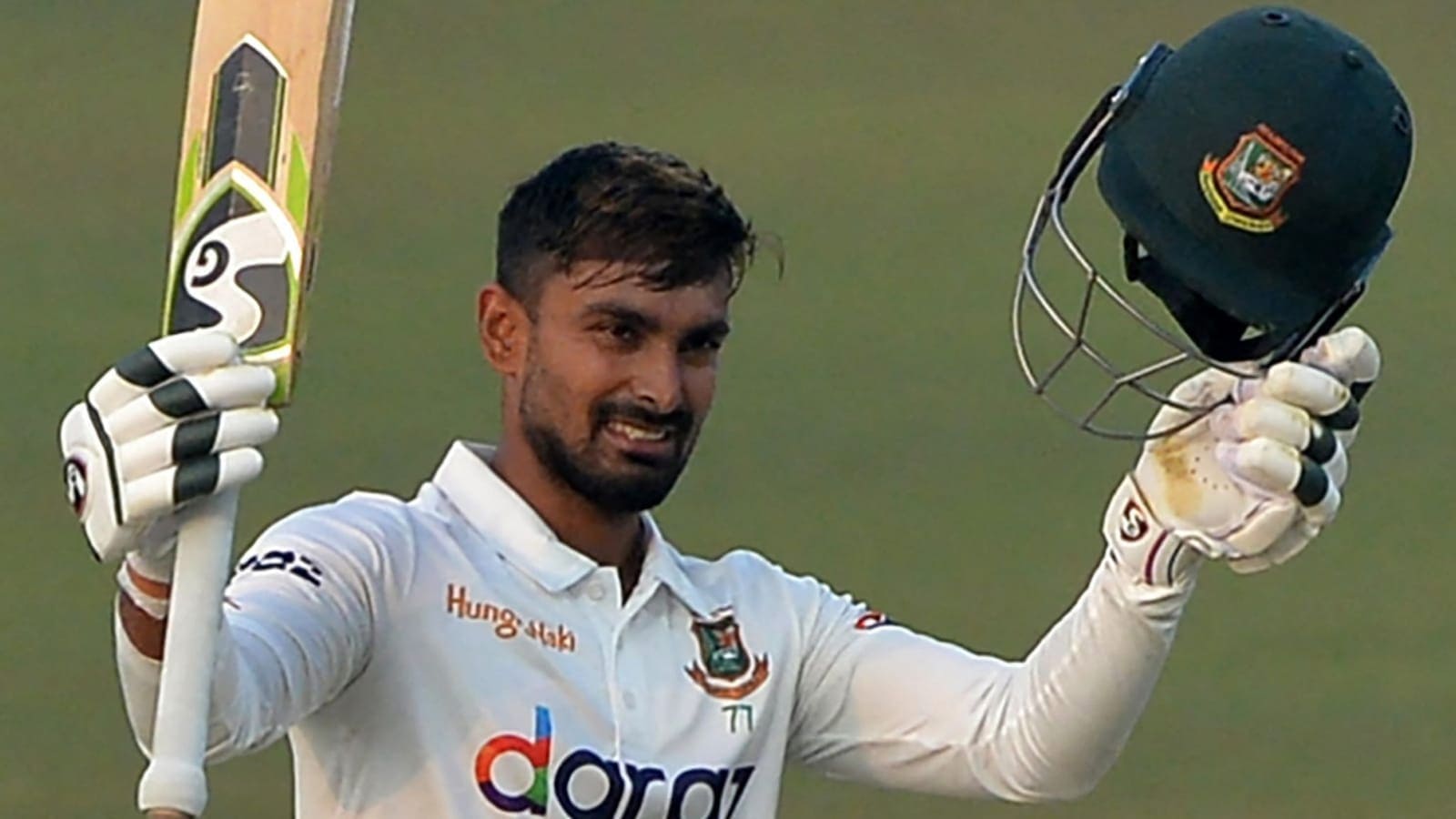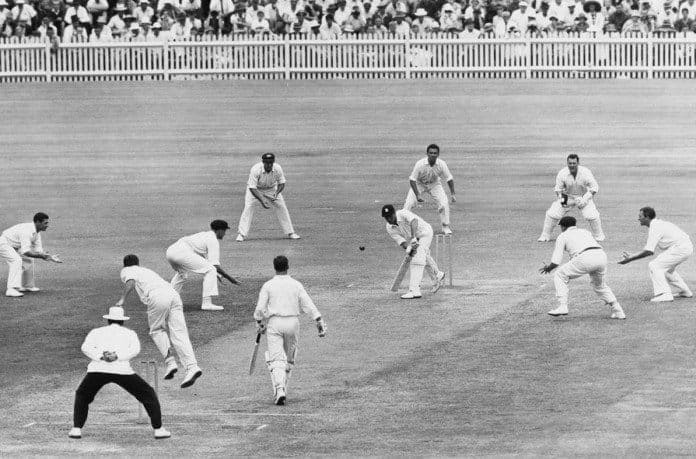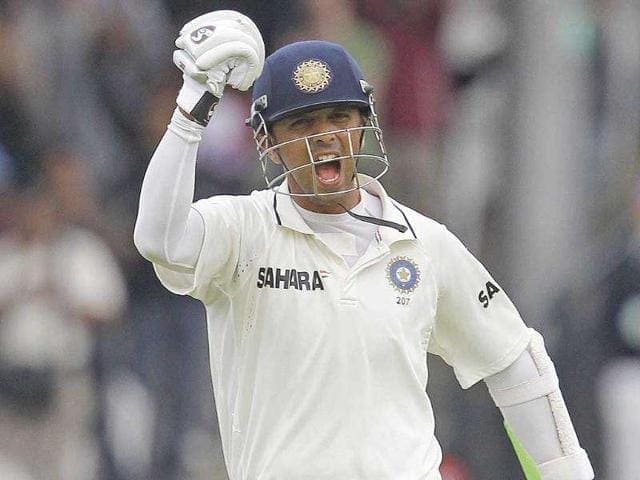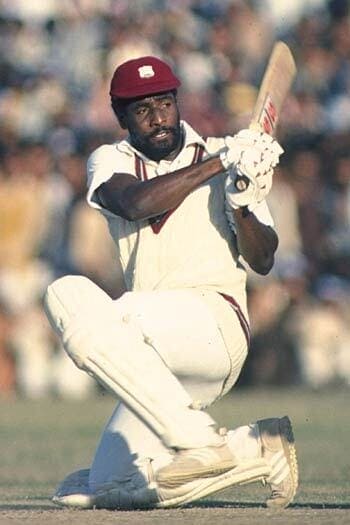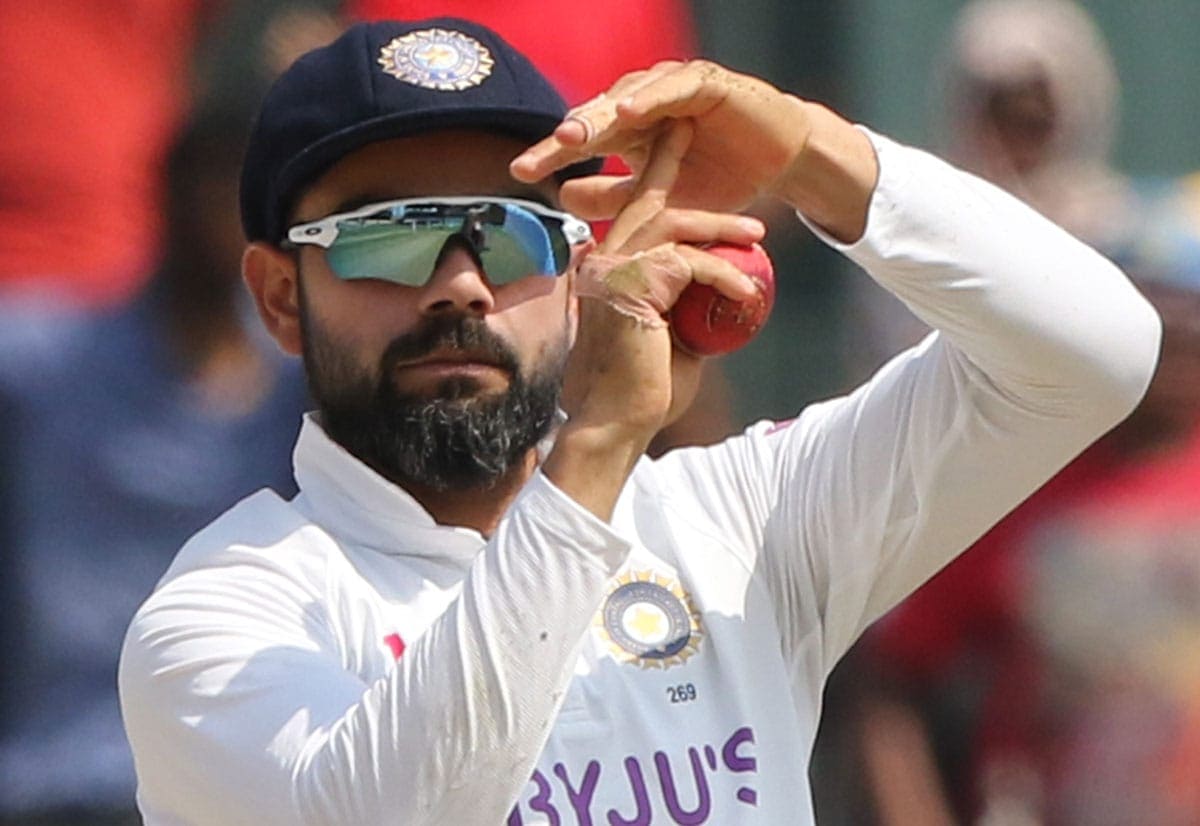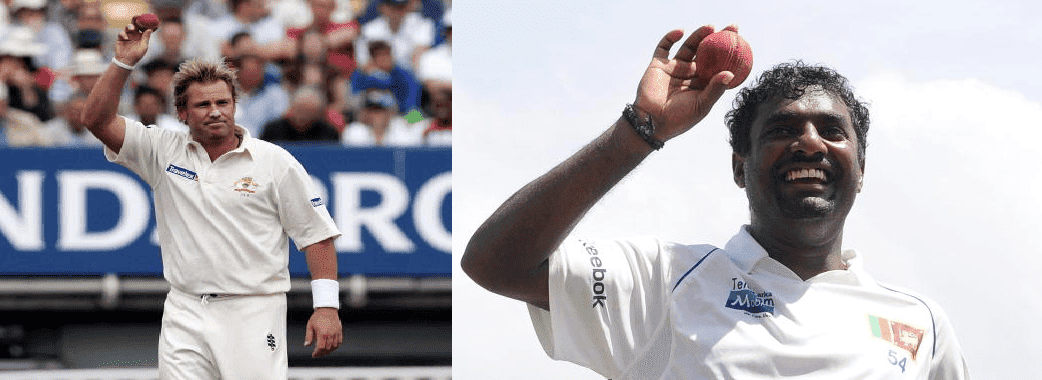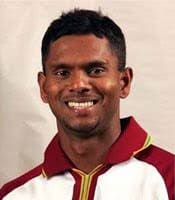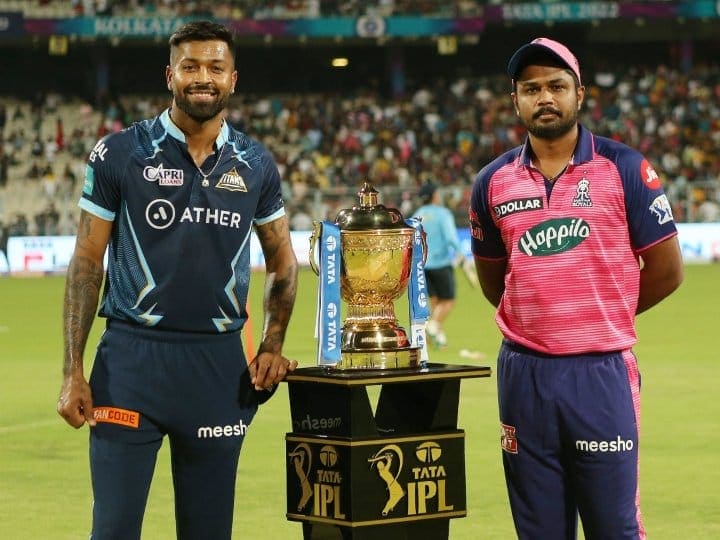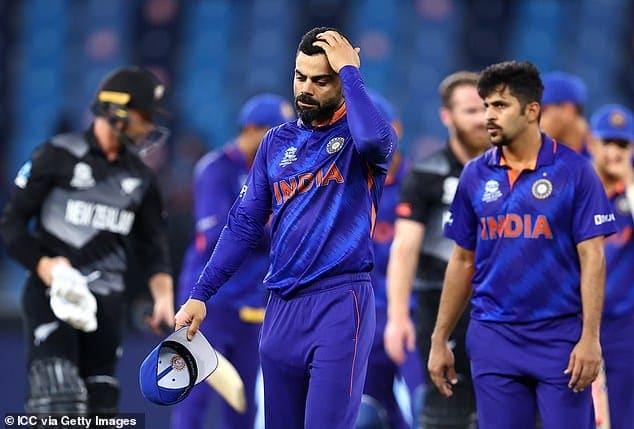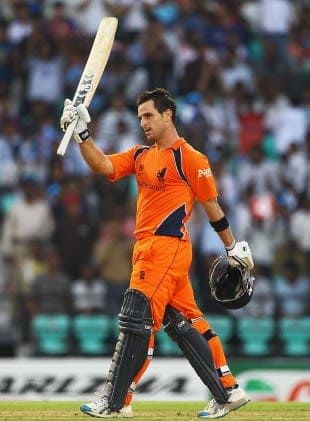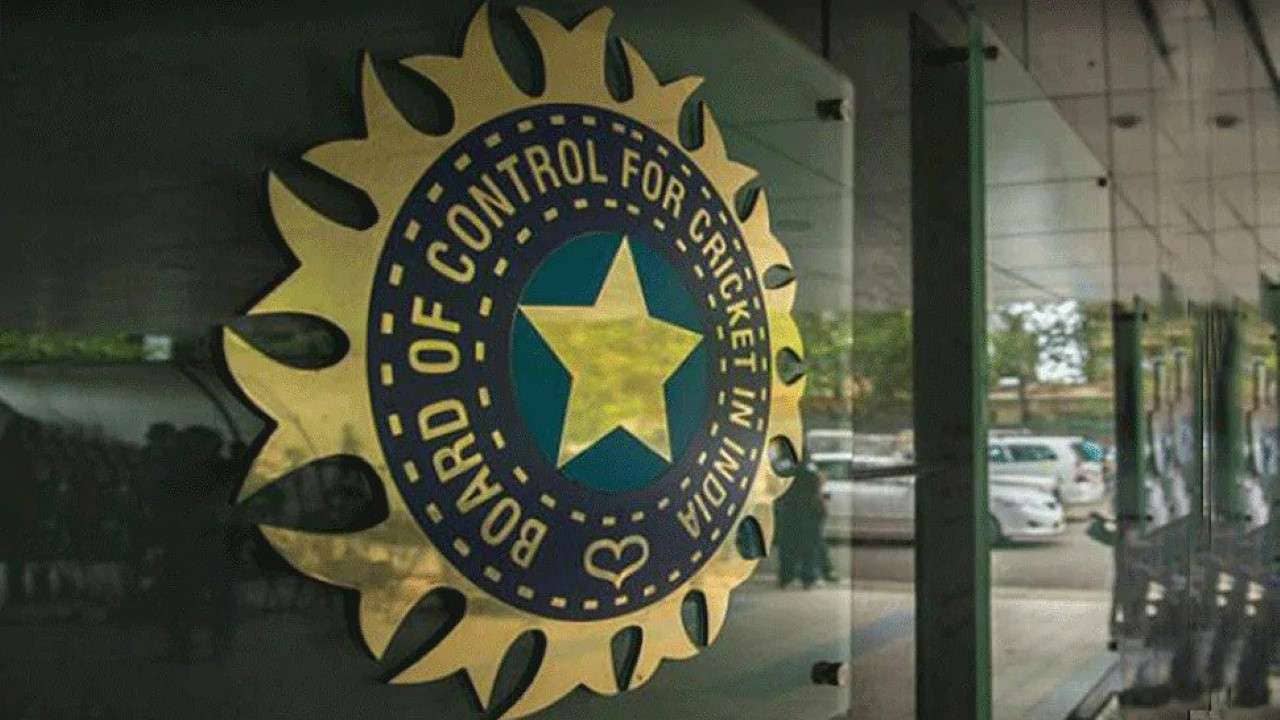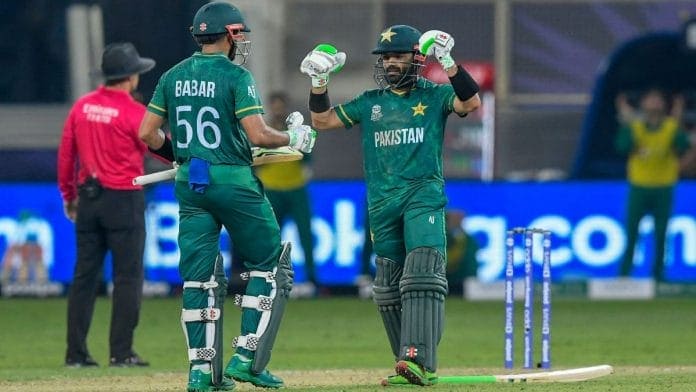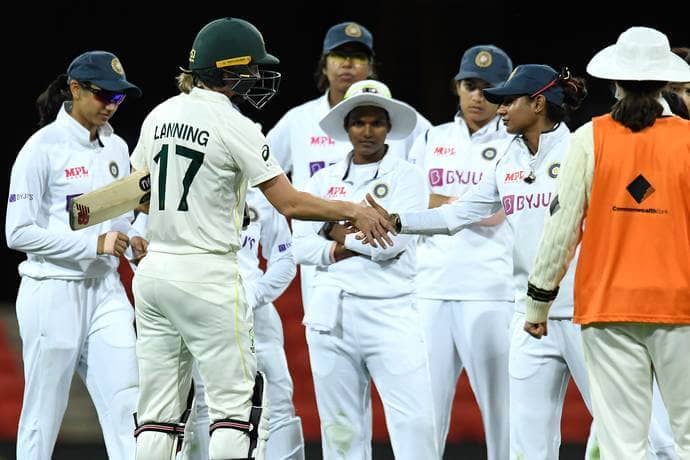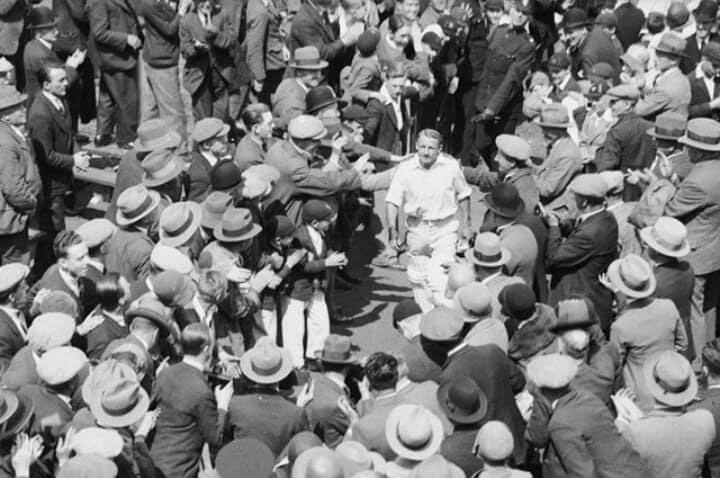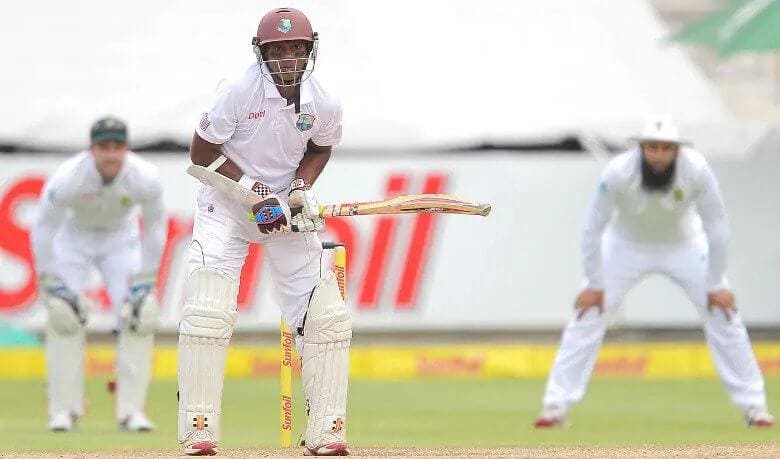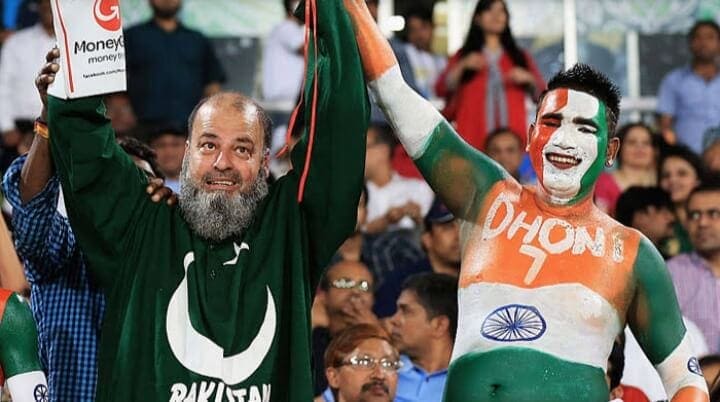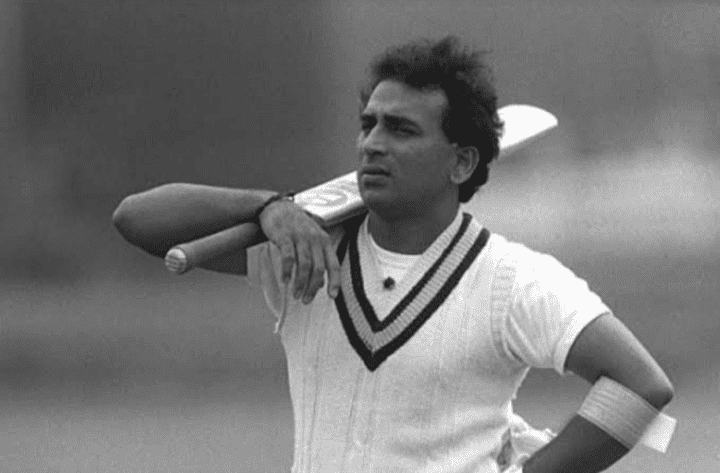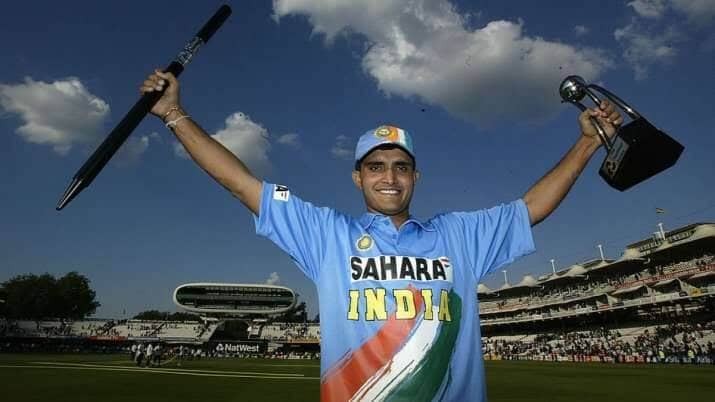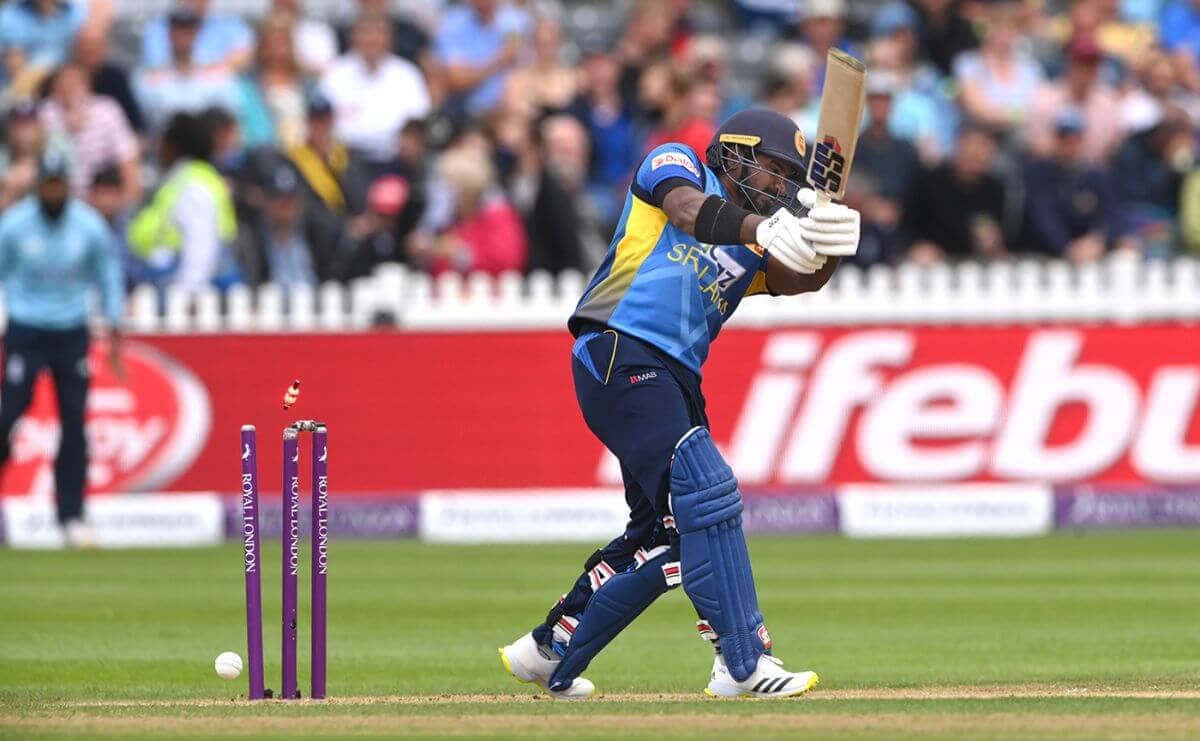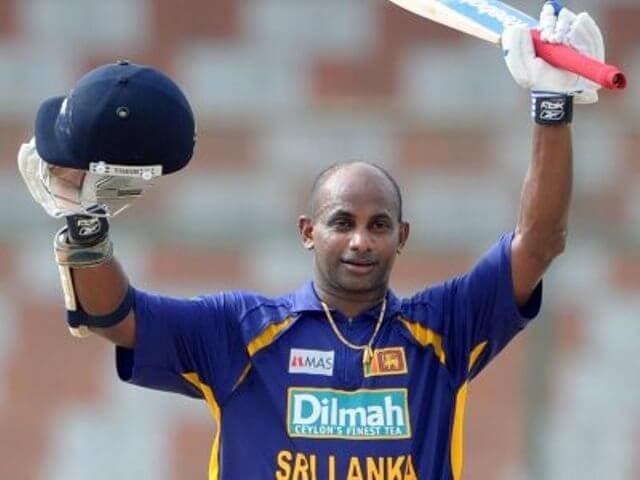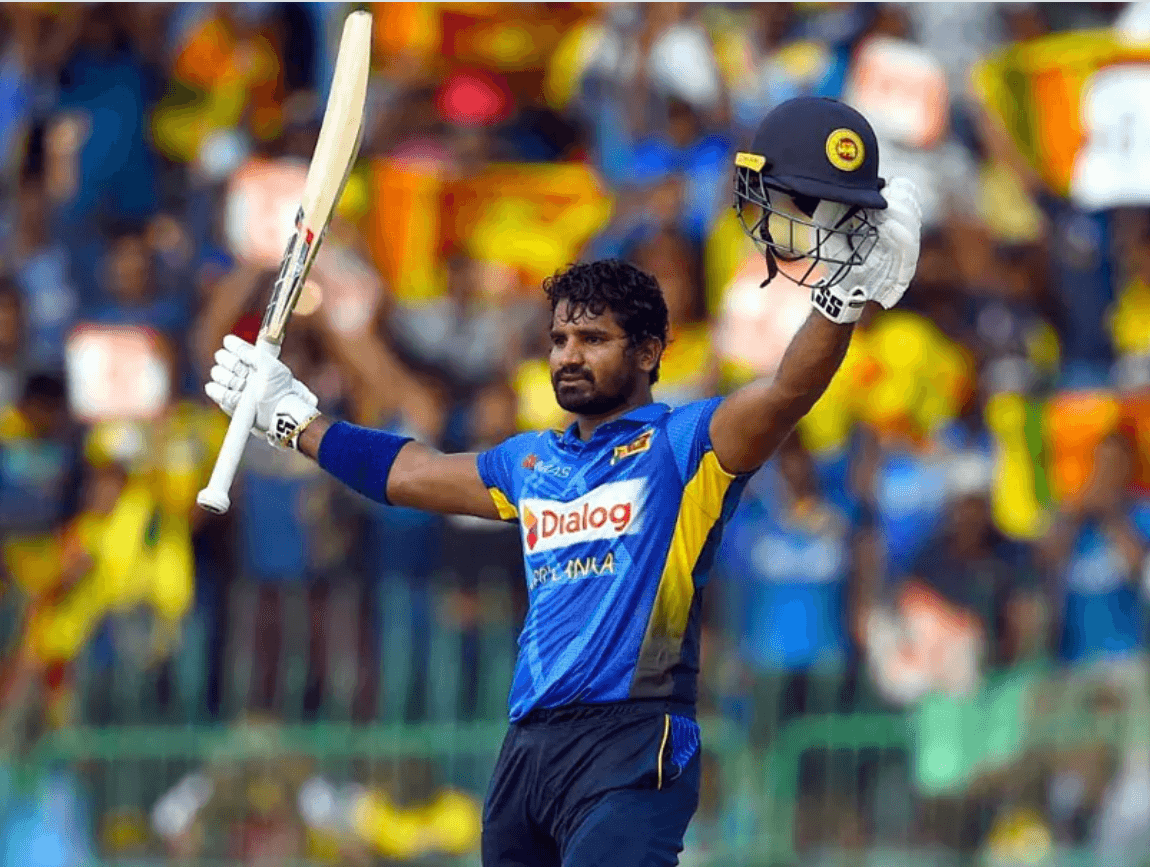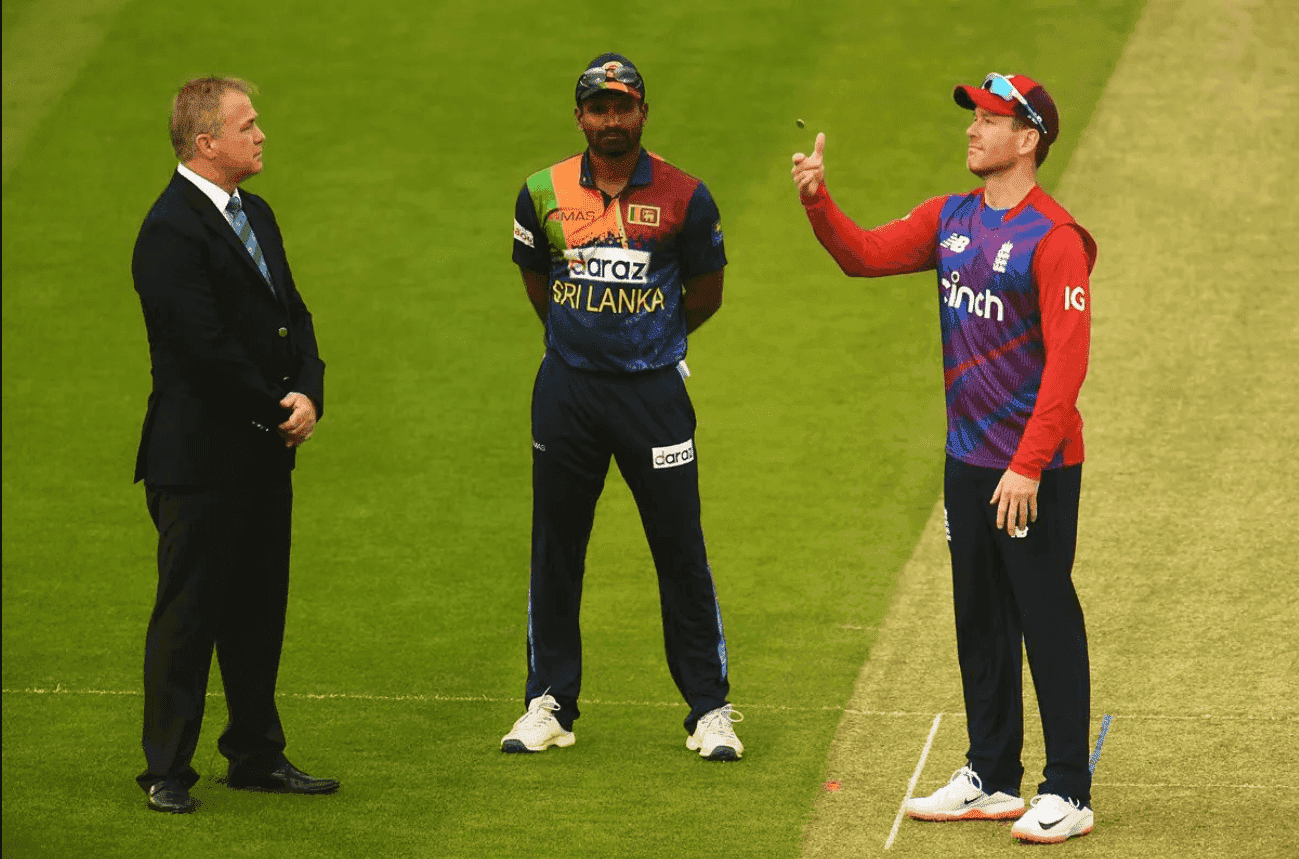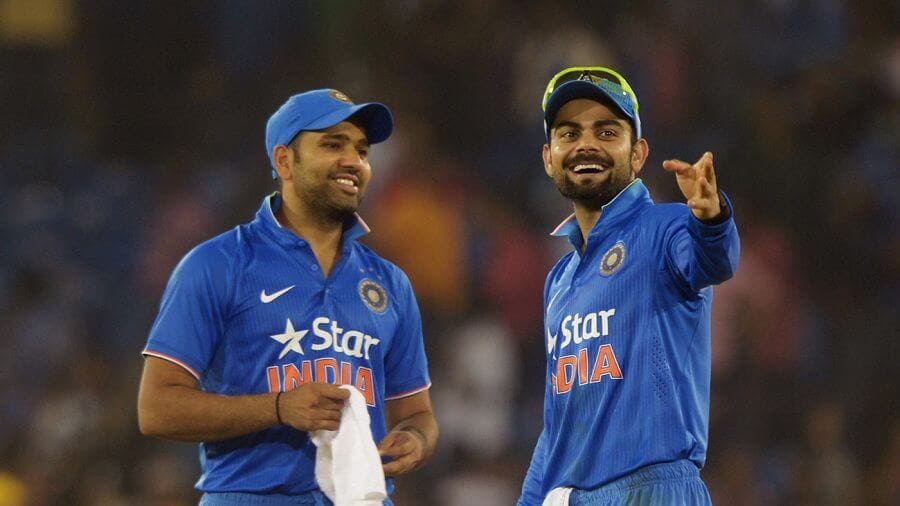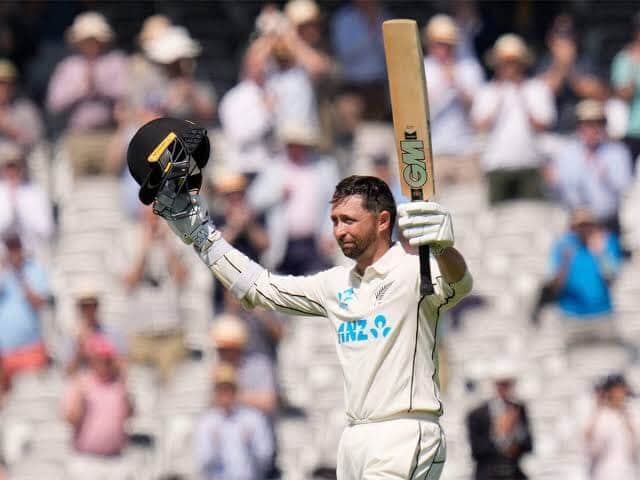
A two-Test series is like a two-set tennis match – more of a farce than a serious attempt at sports. But the short match-up that ended with a 1-0 victory for the Kiwis still has plenty of takeaways for both teams. With an array of historic encounters to be played in the United Kingdom this summer, a series review seems to be as good a place as any for both teams to learn their lessons.
Prudence in selection
The English team can almost be forgotten for treating this series as an early warm-up for the Ashes. But the reasons for such rampant neglect of their visitors – the No2 Test team, no less – mystifies even the usually optimistic set of England supporters. Key components of the Test team who participated in the IPL, like Buttler, Stokes, and the Currans, were rested. It made the team they fielded look like a skeletal crew – one still without a place for a specialist spinner, for reasons of their own.
On the other hand, the Kiwis have been much more rational in the way they’ve kept one eye on the World Test Championship Final, while still giving this series the importance it deserves. They made six changes for the second Test – three forced, two prudent, and one experimental.
Depth, or the lack thereof
Despite shuffling out many of their first-choice players during the series, New Zealand showed high resolve in every sphere of the game. Being a small country, they have a limited amount of resources sent their way, but they’ve maximised these to become a world-class team.
The same cannot be said for England, who were often found wanting with their attempts even behind the stumps and in the slip cordon. The story is no different when it comes to their productivity with both bat and ball in hand.
While Jimmy Anderson and Stuart Broad remain a pair of towering stalwarts of the game, the England Test team has disintegrated around them. This time around, the quality of the opposition was high enough to hand them their first defeat in a home series since *checks notes* forever.
Devon Conway
Yeah, Devon Conway. What more do you need to know about ‘im?
The Kiwis eleven is a high-quality ensemble
On a more serious note, this series victory was an ensemble effort on their end. The WTC Final could very well turn out to be a heist movie where they steal another opportunity at winning an ICC tournament from under the noses of the Indians.
Even with Williamson out of the playing eleven after sustaining an injury, the stand-in skipper Tom Latham never seemed to be at odds with the overall strategy of the team. The Kiwi eleven is a sum greater than its parts. Considering the individuals themselves are quite good at this cricketing business, it’s no surprise that their humility and skillsets have contributed in equal amounts to their meteoric rise to the top of the cricketing PR charts.
Becoming the world champions of Test cricket will be a crowning achievement for them, and who could envy any good fortune that comes their way in the coming days? They’ve earned every bit of it.
The UK media and Joe Root aren’t best friends
It would seem silly not to acknowledge the love-hate relationship Joe Root and the local critics seem to share. The English skipper is no longer a young man (by cricketing standards). Nor has he lived up to the promise of his early career statistics.
The captaincy has weighed down on both his numbers and his intent. He was a free-flowing player while in the subcontinent, albeit against spin-heavy oppositions and on flat tracks. Batting in the UK is no fun task, but his dip in productivity with the willow in hand has not been adequately made up by his captaincy.
The lack of intent shown by his side during the final day of the first Test is forgivable, especially because English pitches can turn into hazards at the drop of a hat – or a conveniently pitched ball. But Joe Root seems to have retreated into the defensive mindset that accompanies him whenever he plays at home. This surely has something to do with the additional set of eyes rested upon him every time he takes the field.
His lack of imagination while setting fields to new batters also became a talking point during the series. Everyone wants him to succeed because he still retains his boyish charm. But he’s settling into his thirties now, which does not leave much room for empathy from even the more sensitive critics out there.
Cricketing crowds are … okay?
The natural sounds of Test cricket cannot be replaced by the artificial sounds put in place during the production process. The reverberating tension in the stands every time a bowler runs up to the crease during a tense passage of play remains unparalleled. The same cannot be said for the choice of musicality in the crowd.
The chants and the rhymes get repetitive after a while, especially if you’re a neutral observer of the game. But seeing the English fans have their merry way with the nuances of rhythm is still a better alternative than hearing the alien hums the previous English summer.
One also can’t help but empathise with the state of the English fans. They filtered into the apparent fortress of their Test team at Birmingham to treat themselves to some live cricket after ages but were subjected to another unsavory collapse from England. At least, normal cricketing service has resumed in their part of the world.
In conclusion …
… it’s only the end of the beginning for the New Zealand cricket team. They’ve put in the hard yards for many years in a bid to get wider recognition on the international stage. Winning the WTC Final is bound to pump in more resources and touring Test teams in the international future. But a near-invincible Indian team stands in their way.
The English team, on the other hand, needs to conduct an internal audit. Or at least do some soul-searching. Root’s not going to abandon the captaincy spot any time soon, but Broad and Anderson’s days are numbered. Joe needs to make it work with his younger comrades if he’s to have a realistic chance of winning the Ashes – or even their series against India coming up in a few weeks.


